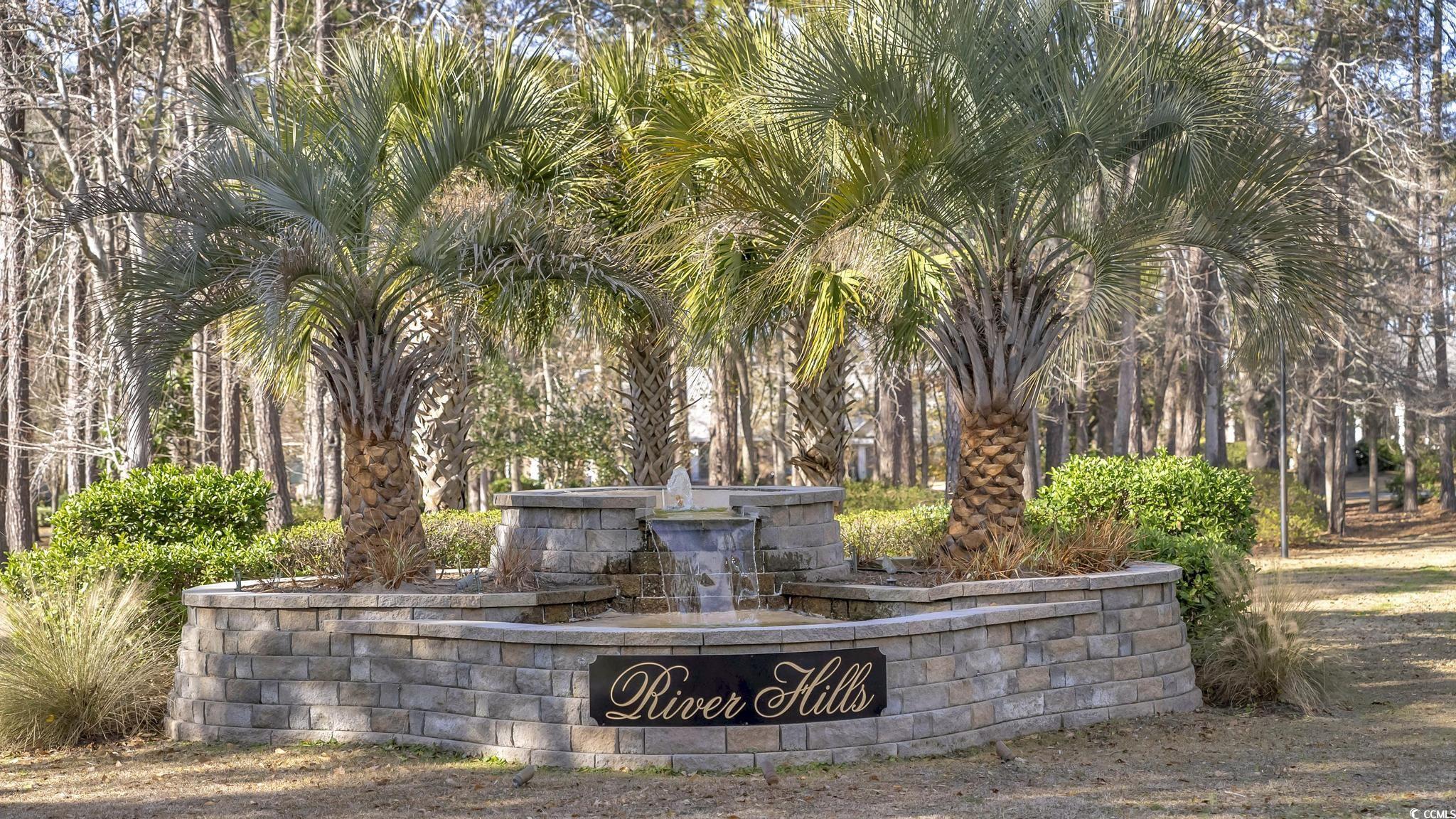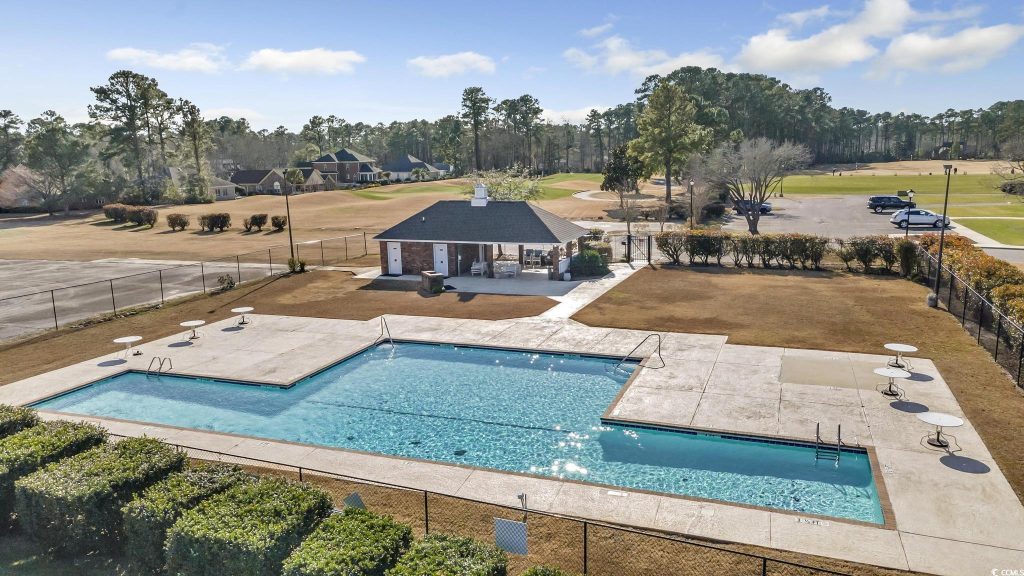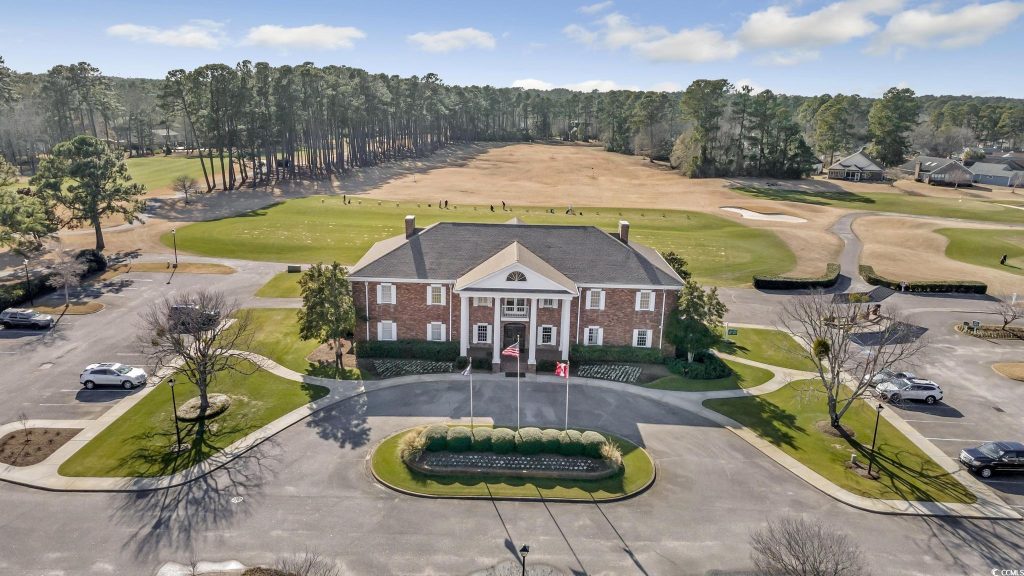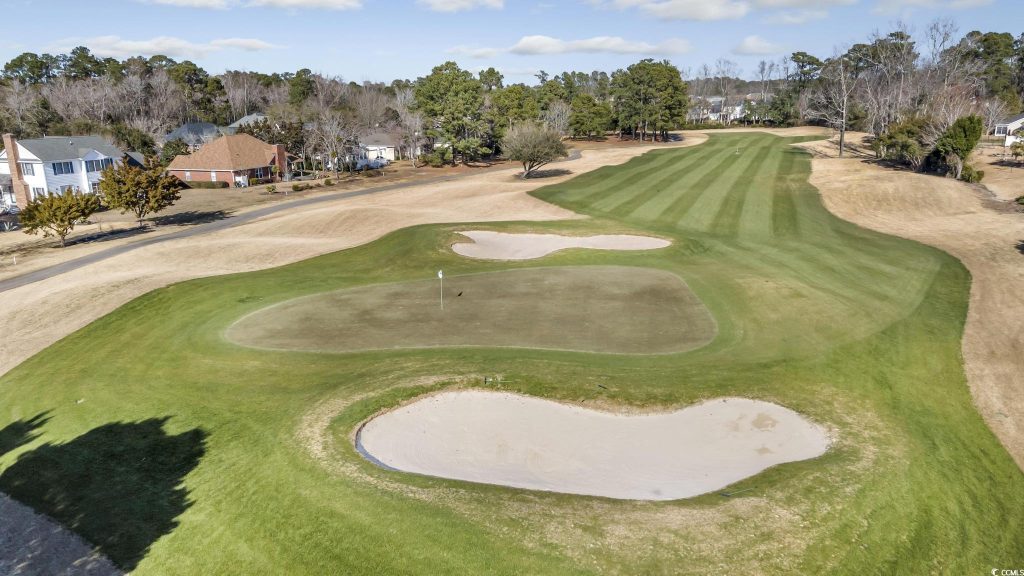River Hills

River Hills is a charming and well-established golf course community in Little River, SC, known for its scenic beauty, peaceful atmosphere, and top-tier amenities. Nestled among rolling hills, mature trees, and serene lakes, this neighborhood offers a perfect blend of privacy, recreation, and convenience, making it a desirable place to call home.
River Hills offers a diverse selection of homes, ranging from low-maintenance townhomes to spacious single-family residences.
✔ Variety of Home Styles: River Hills features custom-built homes, patio homes, and townhomes, many offering golf course views, lush landscaping, and spacious layouts.
✔ Championship Golf Course: At the heart of the community is the River Hills Golf Club, a beautifully designed 18-hole course that challenges golfers of all skill levels.
✔ Community Pool & Clubhouse: Residents enjoy access to a private pool, clubhouse, and fitness center, perfect for relaxation and socializing.
✔ Scenic & Tranquil Setting: With winding streets, large oak trees, and water features, River Hills provides a peaceful, nature-filled environment while still being close to city conveniences.
✔ Active & Friendly Community: Homeowners benefit from a strong sense of community, with regular social events, golf outings, and neighborhood gatherings.
Factors That Affect Home Values
Determining a home’s value involves several factors, from market trends to the property’s features. Whether you're buying, selling, or investing, understanding these key influences can help you make informed decisions.
- Recent Neighborhood Sales
One of the strongest indicators of a home’s value is the sale price of similar properties in the same neighborhood. As your real estate professionals, we look at recent comparable sales (comps) to gauge a home’s fair market price. If nearby homes have sold for high prices, it boosts overall property values, whereas lower sales can drive them down.
- Supply & Demand
Like any market, real estate is influenced by supply and demand. When demand is high and inventory is low, home prices typically rise due to increased competition among buyers. Conversely, when there are more homes for sale than buyers, prices tend to stagnate or drop. The balance of supply and demand fluctuates based on factors like interest rates, population growth, and seasonal trends.
- Market Conditions
Economic factors such as interest rates, inflation, and job growth play a significant role in home values. A strong economy with low unemployment and rising wages often leads to increased home prices, while economic downturns can cause values to decline. Additionally, local market conditions—such as the desirability of an area, new developments, and zoning changes—can impact property appreciation.
- Bedrooms, Bathrooms & Square Footage
The size and layout of a home directly impact its value. Generally, more bedrooms and bathrooms increase a home’s worth, as they cater to a broader range of buyers. Square footage also plays a major role—larger homes typically command higher prices, especially when the space is functional and well-designed.
- Features & Upgrades
Modern updates and desirable features can significantly boost home value. Updated kitchens and bathrooms, energy-efficient appliances, hardwood flooring, smart home technology, and outdoor living spaces are all appealing to buyers. Additionally, homes with unique features such as waterfront views, large lots, pools, or high-end finishes often command premium prices. However, the return on investment for certain upgrades varies based on market demand and neighborhood standards.




